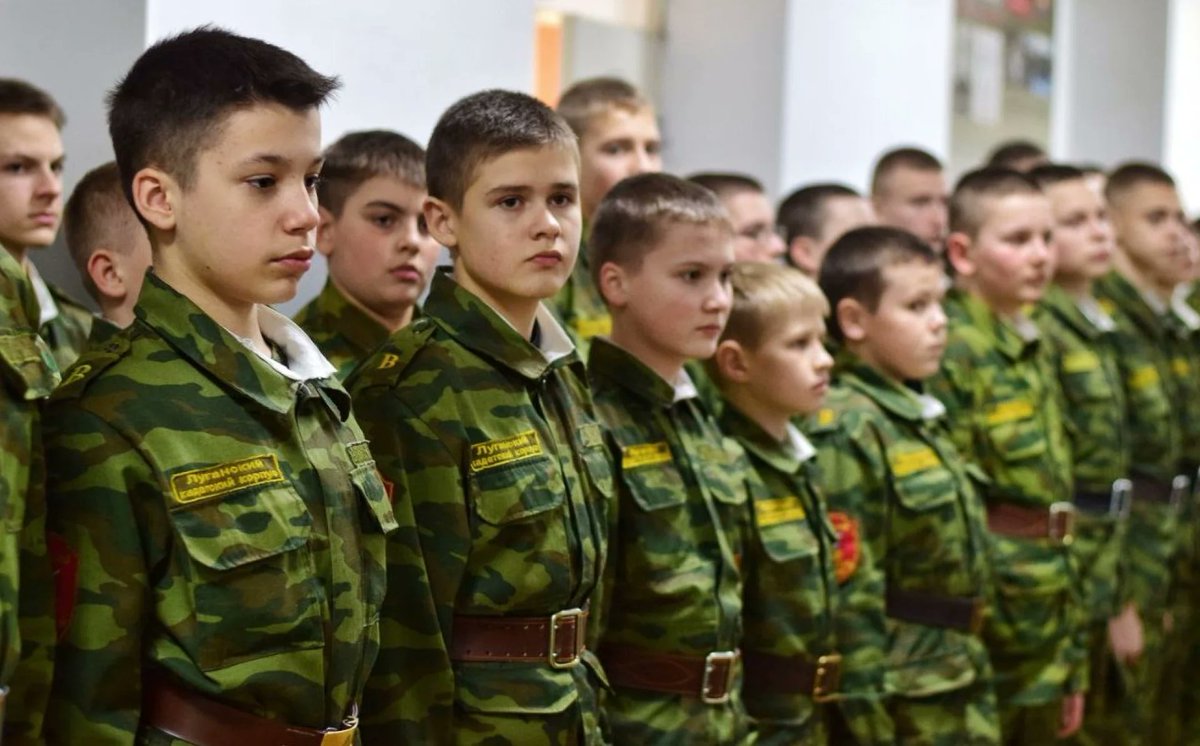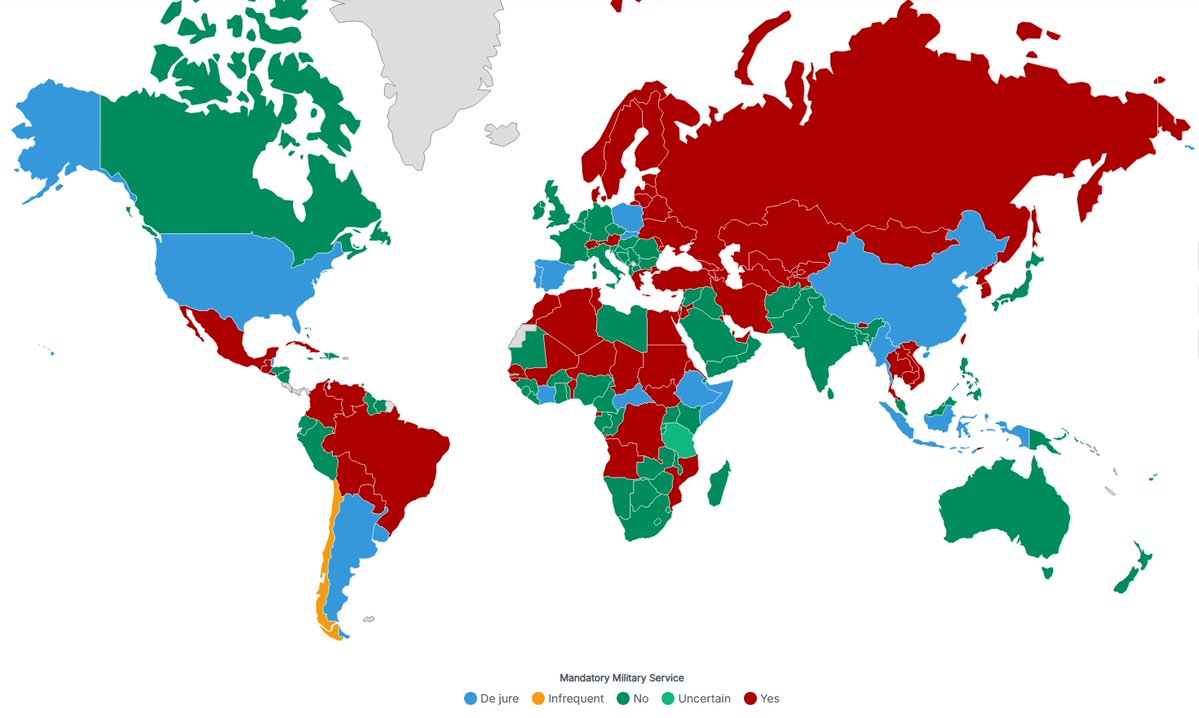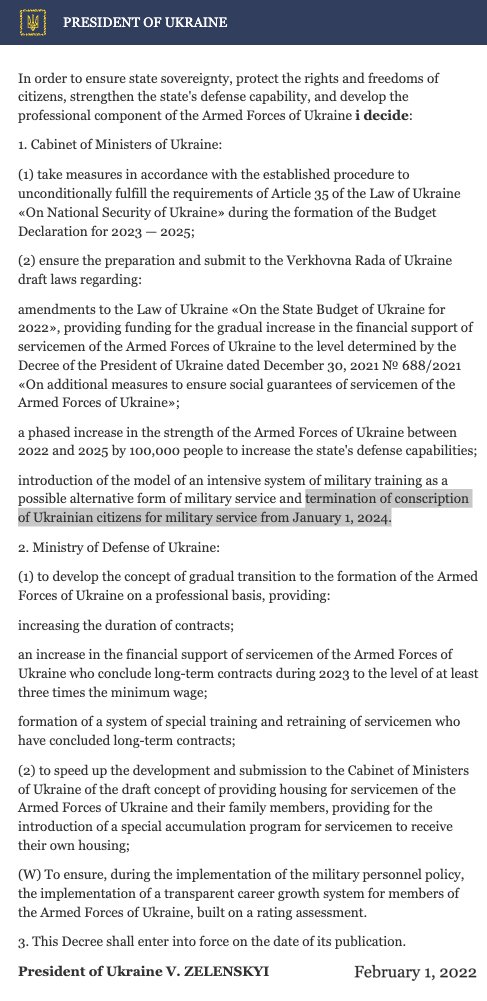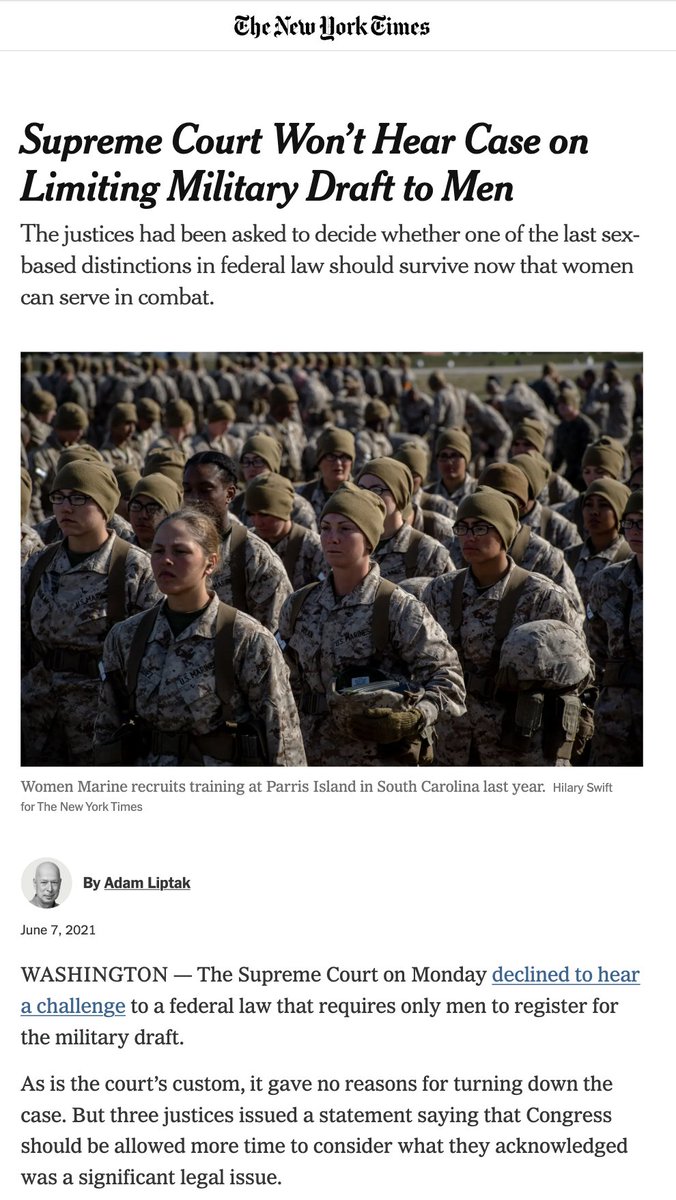In today's #vatniksoup, I'll dissect Russian propaganda, go through its main characteristics and also discuss how it differs from Ukrainian propaganda. This soup will mostly focus on the Kremlin's more "sophisticated" forms of media, like mobilization ads and advertisements.
1/18
1/18

From the beginning of Russia's full-scale invasion of Ukraine in Feb 2022, Russia's propaganda machinery has been going on full steam.
In addition to using social media, botnets and troll farms to spread their narratives, they've also produced various ads and videos.
2/18



In addition to using social media, botnets and troll farms to spread their narratives, they've also produced various ads and videos.
2/18



Russian propaganda can be targeted at domestic population or to foreign audiences. Let's first look at how Russia promotes the war to its domestic audience. These ads generally focus on MASCULINITY, POWER and/or MATERIALISM.
3/18



3/18


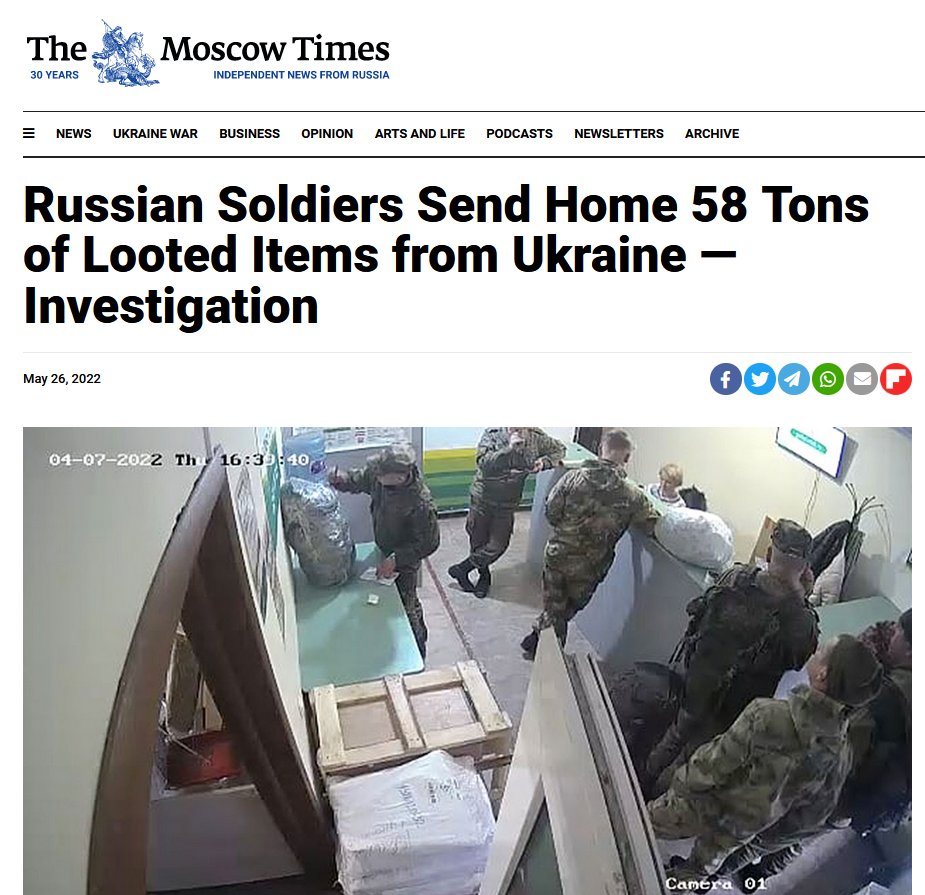
In Apr 2023, Russian Defense Ministry published a recruitment video in which anyone who is still doing a regular job instead of getting killed in Ukraine is not a "real man". In addition, young men are attracted with a hefty salary (by Russian standards).
4/18
4/18
This appeal to one's masculinity is a common theme in Russian propaganda, but it is then complemented with the idea of wealth. But as we know, Russia's casualties in this war are incredibly high, and often the families of the fallen are not even compensated.
5/18



5/18



In another ad published in Sep 2023, two Russians discuss how they're going to buy real estate and move to Kyiv and Odesa after they've been captured. This ad is all about Russian imperialism and power, and it is in...
6/18
6/18
...contradiction to the Kremlin's official statements of the war being about "denazification" and "saving the Russian-speaking population" in Ukraine.
In reality, the war is about conquest and genocide, as most of you already know.
7/18


In reality, the war is about conquest and genocide, as most of you already know.
7/18


One recruitment ad focusing on materialism shows a grandpa who has to sell his shiny Lada in order to survive, but eventually his his grandson signs a contract to join the war.
This absurd ad simply shows how Russian propaganda values material possession over human lives.
8/18
This absurd ad simply shows how Russian propaganda values material possession over human lives.
8/18
Now, these ads may be the only connection to the war in poor areas, in which most of the information flows through TV channels. Russia's censorship organization, Roskomnadzor, makes sure that no information about Russia's losses and genocidal acts finds these people,...
9/18


9/18


...and that these people living in poverty fully rely on the heavily filtered information they get from their televisions.
As the late Russian General Alexander Lebed said: "Let me recruit a platoon of the children of the elite, and the war will be over in a day."
10/18
As the late Russian General Alexander Lebed said: "Let me recruit a platoon of the children of the elite, and the war will be over in a day."
10/18

The propaganda that Kremlin produces for the foreign audiences differs from all this, and it often attempts to promote the INCONVENIENCE that the war brings. This type of campaigning peaked just before the winter of 2022, when the West was preparing for a "harsh winter"...
11/18
11/18
...due to the lack of Russian gas and oil. One of the more "popular" videos was the one depicting Christmas in Europe without Russian gas. In it, a Western family eventually becomes so poor, that they have to eat the family hamster.
12/18
12/18
In another ad, a woman is looking for love online in a cold and dark apartment. Eventually, he finds a Russian man who boasts with electricity, light and heat. After she decides to move to his place, there's already a bunch of "Western" women living with him.
13/18
13/18
Many of these ads were published with German audiences in mind, probably because of their strong military support of Ukraine, but also to support the rise of far-right, pro-Kremlin parties like AfD:
14/18
14/18
https://twitter.com/P_Kallioniemi/status/1688475826763776000
One example of this type of advertising is a video where German army authorities storm into a family's home and takes all of their money. The ad then claims that the German ad is taken directly from the German taxpayers.
15/18
15/18
They've also published a bunch of ads which encourage the people from the West to move to Russia. All these ads also appeals to the Russian audiences, basically saying that "we have it so much better than the people in the West."
This ad even features a Ukrainian model.
16/18
This ad even features a Ukrainian model.
16/18
In other ads, they've called for the end of "Russophobia", even trying to adopt a hashtag #StopHatingRussians.
This ad was published just a month after Russia started their genocidal attack on Ukraine, showing how tone-deaf these propagandists actually are.
17/18
This ad was published just a month after Russia started their genocidal attack on Ukraine, showing how tone-deaf these propagandists actually are.
17/18
To summarize the propaganda targeted at the West: it focuses on costs of the war and the inflation and price hikes it brings, naturally blaming it all on Ukraine rather than themselves. It also appeals to the regular voters to stop any kind of aid to Ukraine.
18/18


18/18


• • •
Missing some Tweet in this thread? You can try to
force a refresh


